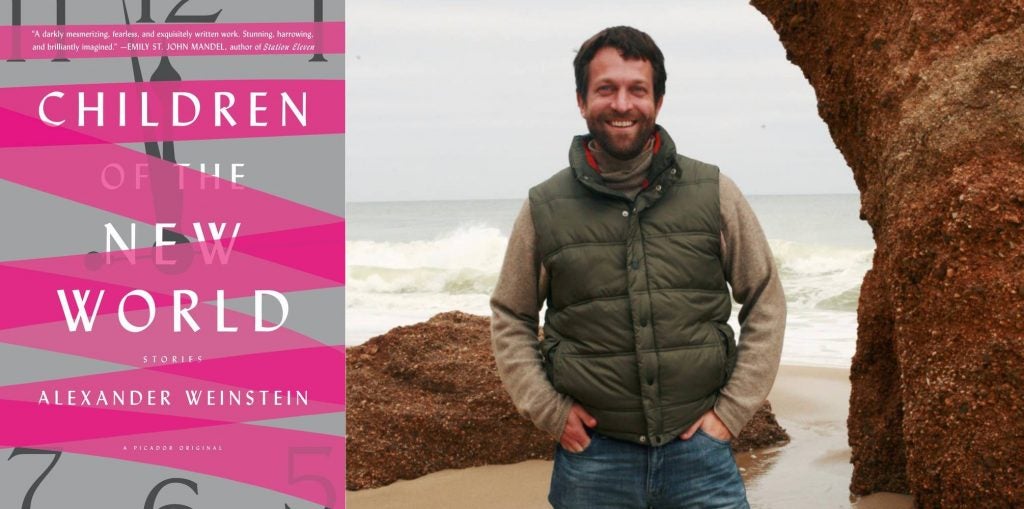On “Children of the New World”: An Interview with Alexander Weinstein
“Humor helps the heart to open. And heartfelt laughter leads us towards greater connection with those around us. If you can find a way to share humor with others, then there’s an openness towards greater listening and compassion. With the serious topics I write about […] there’s a way such stories can calcify the heart if one isn’t careful. I noticed this in my teaching—if I’m just giving my students the disturbing facts about humanity without humor, it can lead to depression, discouragement, and a deeper political/social apathy. So, humor seems to restore our humanity to us—it allows us to deal with suffering with a more open heart.”
On “Children of the New World”: An Interview with Alexander Weinstein Read More »
“Humor helps the heart to open. And heartfelt laughter leads us towards greater connection with those around us. If you can find a way to share humor with others, then there’s an openness towards greater listening and compassion. With the serious topics I write about […] there’s a way such stories can calcify the heart if one isn’t careful. I noticed this in my teaching—if I’m just giving my students the disturbing facts about humanity without humor, it can lead to depression, discouragement, and a deeper political/social apathy. So, humor seems to restore our humanity to us—it allows us to deal with suffering with a more open heart.”






